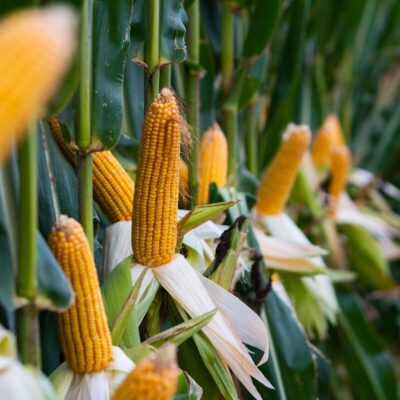Keep ahead of the threat
Stay up to date with the latest mycotoxin information by signing up to our newsletter

Blog
The heightened risk of Penicillium mycotoxins in European forages
June 23, 2023Discover the significant impact of Penicillium mycotoxins on dairy cows in EU fermented forages. While North America faces risks from fusarium mycotoxins, the EU experiences higher risks from Penicillium mycotoxins, affecting cow health and performance. Grass silage, dominant in the EU, shows higher Penicillium levels. Learn how managing forages and implementing mycotoxin control programs can restore cow health and optimize milk production.
Read more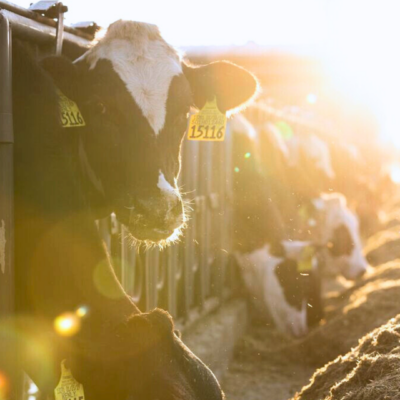
The relationship between mycotoxins and pathogens in pigs
May 15, 2023The relationship between mycotoxins and pathogens in pigs is complex and poses challenges for producers. Mycotoxins and bacterial pathogens can individually harm pig health, but their coexistence amplifies the risks. Mycotoxins weaken immunity and damage the intestinal lining, making pigs susceptible to bacterial invasion. Pathogens, in turn, worsen mycotoxin effects by causing inflammation and increasing toxin absorption. Comprehensive strategies are vital to address both challenges, including robust mycotoxin control, biosecurity protocols, and veterinary care. Alltech offers industry-leading solutions for managing mycotoxins, pathogens, or both, safeguarding pig health and the food supply.
Read more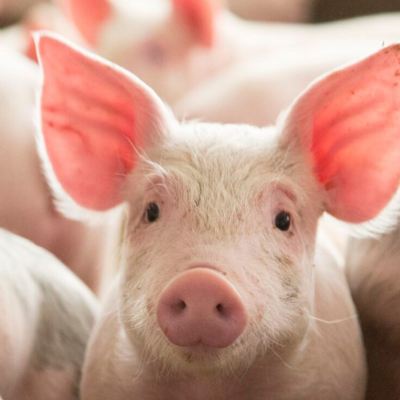
Choosing the right mycotoxin test for your business
April 05, 2023Mycotoxins pose a significant challenge for livestock operations, and it’s essential to have the right detection method in place to ensure productivity isn’t affected. When selecting a testing method, consider the ingredients or feedstuffs being analyzed, the frequency of analysis, the time it takes to access results, and the cost of the testing method.
Read more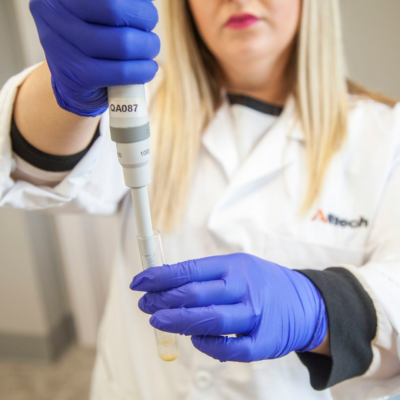
Emerging mycotoxins: An emerging challenge?
February 24, 2023Mycotoxins in livestock feed can severely impact health and production efficiency. By enhancing the quality of what animals consume, you can help unlock your farm’s profit potential. Learn more about closing the knowledge gap on emerging mycotoxins
Read more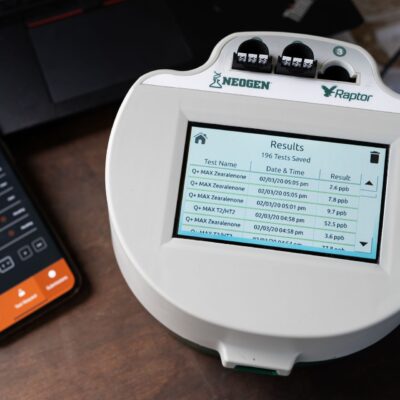
A Herd’s Efficiency Needs Optimal Forage
February 14, 2023Proper forage is crucial to a herd’s efficiency. Mycotoxins in animal feed can impact animal health and performance. It’s important to use appropriate storage facilities, monitor feed for mycotoxin contamination, and prevent mycotoxin-related negative effects such as reduced feed intake and decreased reproductive performance.
Read more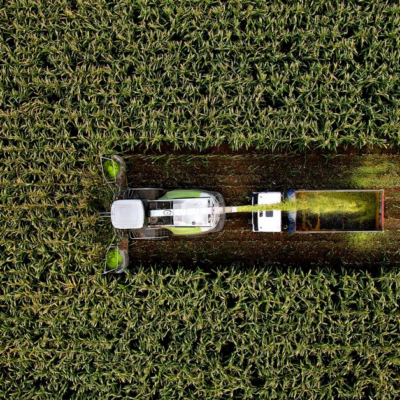
What is the mycotoxin risk from harvest 2022?
January 17, 2023Over the past few months, Alltech field teams have been actively working with their customers and partners to assess what is the mycotoxin risk attached to new crop grains and forages coming out of harvest 2022. With harvest analysis programs being carried out across multiple regions globally, the results empower feed and livestock producers with the most up to date and timely insights as they consider their ingredient purchasing and animal nutrition decisions during the coming year.
Read more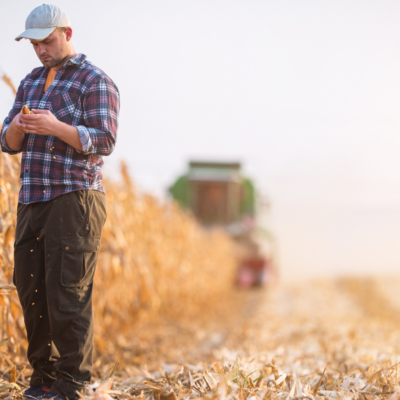
Mycotoxin explosion creating havoc on dairy farms right across Northern Ireland
December 19, 2022One of the most significant challenges thrown up for dairy and beef farmers over recent months has been a direct consequence of the extremely high mycotoxin levels found in their silages.
Learn more in this example with Mark Lewis, who milks 135 pedigree Holstein cows near Tandragee, Co. Armagh. His Rosevale Farm herd is currently averaging 12,000 litres at 4.15% butterfat and 3.25% protein. The cows are calving year-round and are milked courtesy of two robots installed in August 2020.
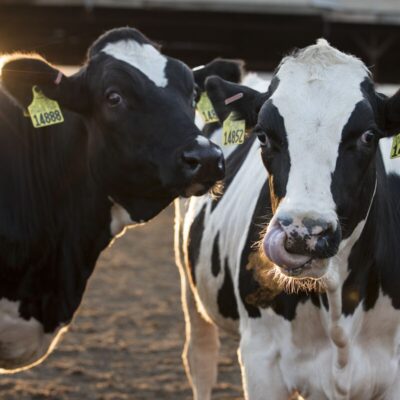
Indian livestock producers facing corn quality challenges
December 16, 2022A year that promised so much for Indian corn producers turned out much the opposite when crops began being harvested. Fertiliser shortages, adverse weather conditions and pest damage all played a role in driving down the yield and quality of both the earlier and later harvests (Rabi and Kharif).
Read more